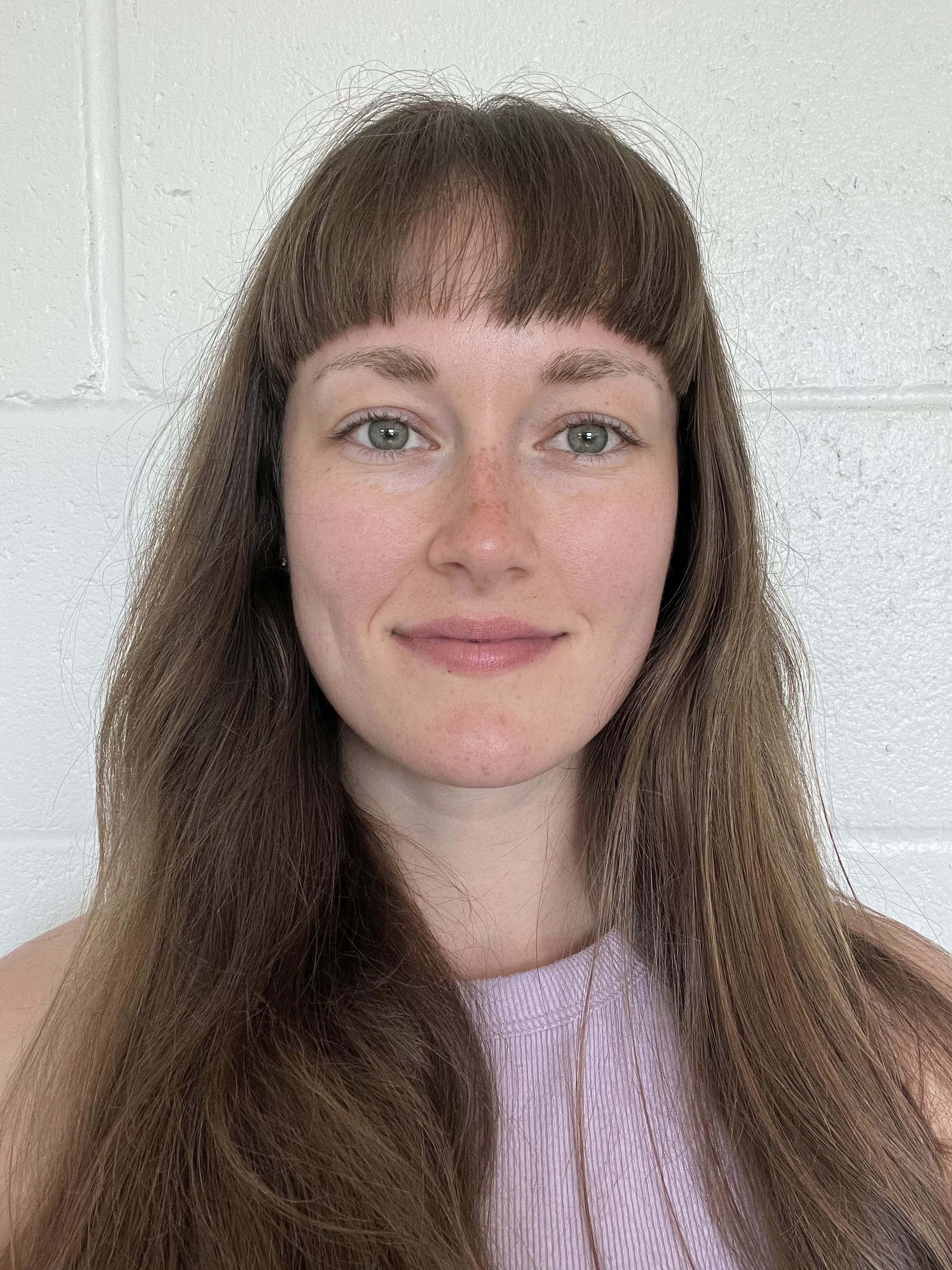As I was growing up, the word "stutter" was never spoken in my household, leading me to believe that it was this taboo concept that should not be discussed. I slipped through the cracks of the school system and was never identified for speech therapy. By the time I reached young adulthood, I was a master at changing words before getting stuck, even if it meant changing the meaning of my sentences. I pretended to forget words or not to know an answer, hoping someone else would fill it in for me. While these tricks worked for a while, they often left me feeling isolated, misunderstood, and exhausted.
Seeking help from a Speech-Language Pathologist
When I started university, the shift to a new environment combined with the increasing demands seemed to worsen my stutter, intensifying my feelings of self-doubt. The cognitive and emotional strain became overwhelming, and I could no longer rely on my covert strategies. After my first year, I decided to drop out of school and felt extremely lost and hopeless about my future. A few years later, I sought support from an advisor who explained the concept of accommodations and recommended seeking help from a Speech-Language Pathologist. I was stunned that I had stuttered for my entire life and had never heard of this field until my early to mid-twenties.
I had spent so long avoiding my stutter that facing it head-on felt unbearable
This was a major turning point in my life, and it was the first time I saw a path forward in a career where I could truly be myself. I came to understand the depth of shame I carried about my speech, and how I often let it affect my choices and participation in activities. I had reflected on how I previously avoided job opportunities that required communication, even when everything else was a perfect fit. It was at this point that I decided to stop letting the fear of others knowing that I stutter define me. I started small and began discussing my stuttering experiences with my partner, Jeremy. He empowered me in ways I had not expected, and I can honestly say that I wouldn't be where I am today without his support. He was not only empathetic and caring by letting me know that he would wait as long as it took for me to get my words out, but he also held me accountable and encouraged me not to change my words whenever I attempted to do so. I had spent so long avoiding my stutter that facing it head-on felt unbearable, but his unwavering support gave me the courage to put myself in uncomfortable situations and confront my fears.
Stuttering doesn't have to be a limitation or a taboo concept
By the time I applied to the master’s program in Speech-Language Pathology, I knew my journey was about more than just overcoming my own challenges - it was about helping others navigate the same fears, shame, and doubts that once held me back. I understand firsthand what it feels like to be constrained by these emotions, which is why it became my goal to show others that stuttering doesn't have to be a limitation or a taboo concept. My experiences give me a unique connection to others who face communication challenges, as I understand the psychosocial impacts on a level no textbook can teach. There are days when I wonder why I chose a career field that is so deeply tied to speaking, but then I remind myself that my stutter is a gift. It has taught me to be resilient, empathetic, and vulnerable. I recognize that this is a lifelong journey with ups and downs, but I feel blessed to be entering a career where I can advocate for our voices and show others that their challenges don't have to define them. I look forward to joining the CSA community and connecting with everyone!
